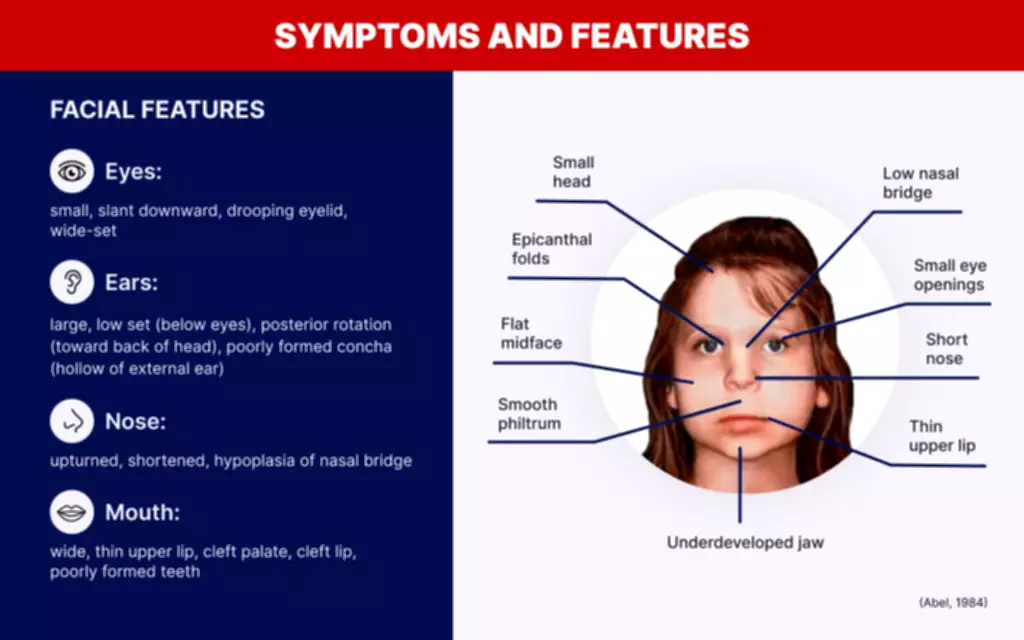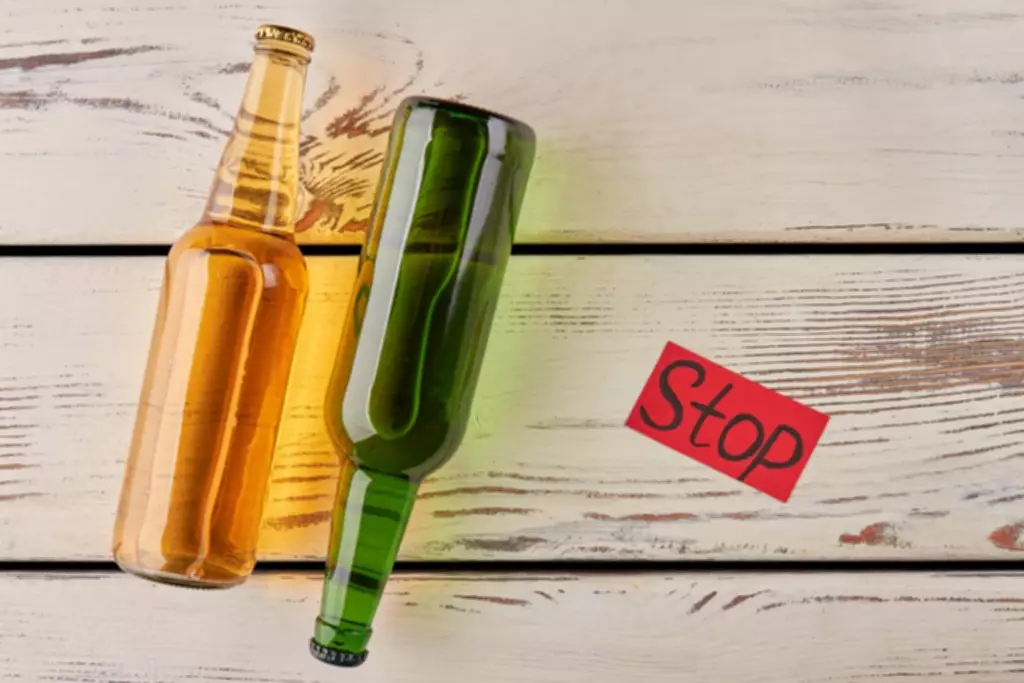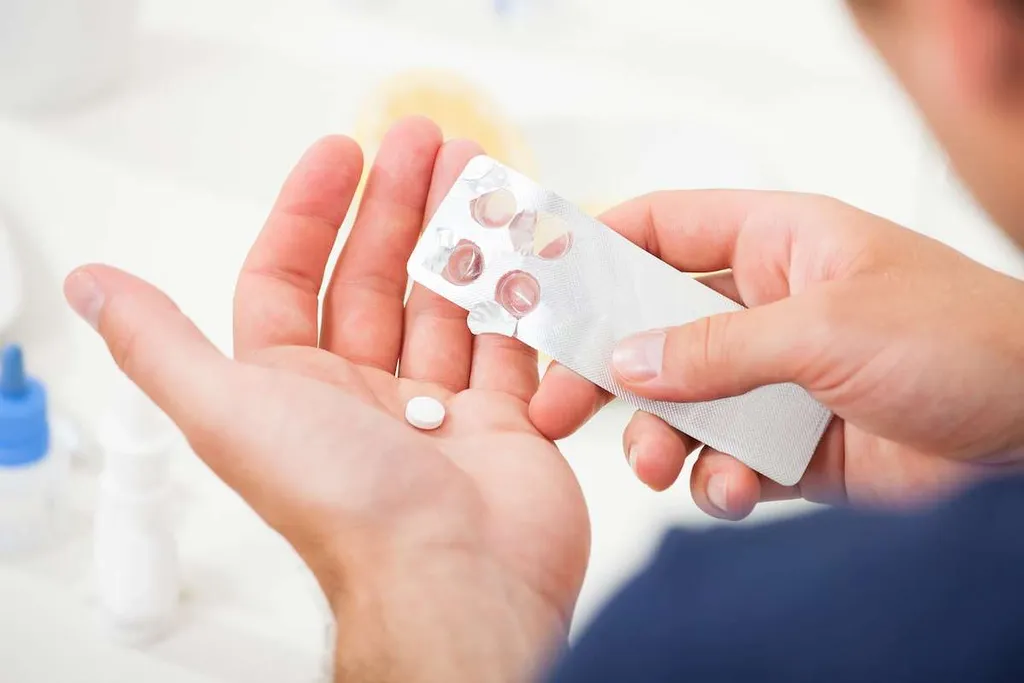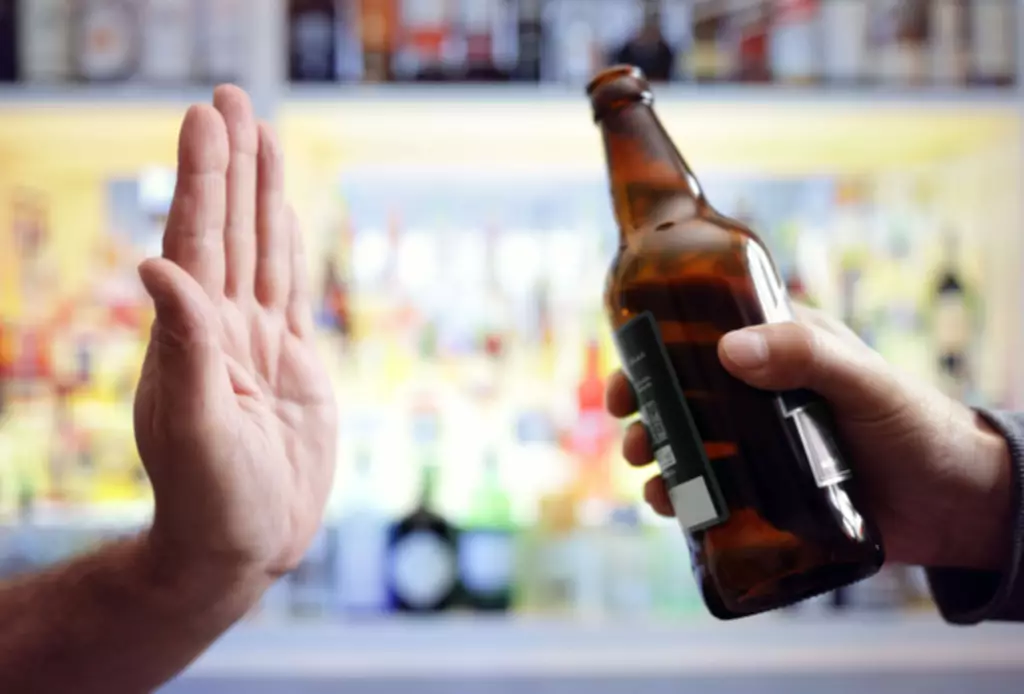
On average, the direct and indirect costs of excessive drinking add up to about $807 per person in the United States. The pancreas is an organ that makes substances that support bodily functions including digestion and metabolism. Alcohol misuse over time can lead to pancreatitis, which can impair the production of digestive enzymes and can affect hormones that regulate blood sugar level. Alcohol use disorder (AUD) is a chronic medical condition characterized by a problematic pattern of alcohol use that leads to clinically significant impairment or distress. It is diagnosed based on specific criteria outlined in the Diagnostic and Statistical Manual of Mental Disorders (DSM-5).
- However, there is a connection, as heavy drinking patterns can develop over time and lead to binge drinking behavior.
- You might point out the effects that it’s having on their mood or physical health.
- Binge drinking is a pattern of excessive alcohol consumption that has significant implications for mental health.
- More information about alcohol and cancer risk is available in the Surgeon General’s advisory.
Adolescent Binge Drinking
A stay at a residential treatment center allows individuals to fully immerse themselves in their recovery process, free from the distractions and triggers of daily life. By focusing entirely on healing, residents are better equipped to develop the tools needed for lasting sobriety. Sana at Stowe, a luxury rehab center in Vermont, offers medically supervised detox programs that can ensure a safe transition through this challenging phase. Coupled with peer support and comprehensive therapy, clients can address not only the physical side of addiction but also the mental and emotional causes. Alcoholics Anonymous For an example of how BAC levels affect the body, it is easy to compare different physical symptoms. For example, high-intensity drinking is more likely to cause blackouts, difficulty walking, and impaired decision-making that leads to risky behaviors, such as drunk driving, Bierut said.

NA and Other Peer Support Groups for Drug Addiction

Thus, these findings provide strong evidence to support a health message that discourages binge drinking. The provision to healthcare professionals of scientific evidence that binge https://ecosoberhouse.com/article/is-it-possible-to-get-sober-without-aa/ drinking can accelerate atherosclerosis may encourage them to perform brief interventions for individuals with at-risk drinking behaviors. Accordingly, the National Institute on Alcohol Abuse and Alcoholism (NIAAA)32 redefined the term HAC by considering the level of concentration of alcohol in the blood. HAC considers minimum levels of 0.08 g/L of alcohol in the blood when determining the pattern of alcohol consumption. In adults, this level would correspond to the intake of five or more beverages by men and four or more beverages by women in approximately two hours.

Seeking Help and Recovery
- People who are heavily intoxicated are a danger to themselves and others.
- Another common and more immediate effect of binge drinking is alcohol poisoning.
- Binge drinking can be a risky behavior that increases the likelihood of developing AUD, but it is important to recognize that not all binge drinkers have AUD, and not all individuals with AUD engage in binge drinking.
- If your alcohol use is causing trouble for you at work, at home, in social situations, or at school, it’s a problem.
- Excessive alcohol also affects your actions, which can increase your risk of injuries and death from motor vehicle accidents, drowning, suffocation, and other accidents.
- The only sure way to reduce or avoid a hangover is to drink less alcohol.
In the kidney140, binge drinking has been correlated with glomerulonephritis, acute nephropathies, and the loss of kidney transplants. It is the cause of fertility disorders, prematurity, low weight and newborn alcoholic syndrome141. The mechanisms by which smoking promotes the progression of chronic diseases are substantially unknown. Smoking may accelerate the progression of “fibrogenic” conditions, such as chronic renal, cardiac or pancreatic diseases90,91.
Share your concerns and ask for their support in your efforts to stop or reduce your drinking. These costs binge drinking effects encompassed various factors such as lost productivity, healthcare expenses, criminal justice expenditures, and other related outlays. Notably, binge drinking alone accounted for a significant portion of these costs, specifically 77%, totaling $191 billion.
